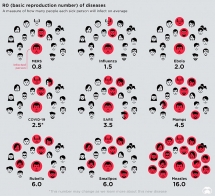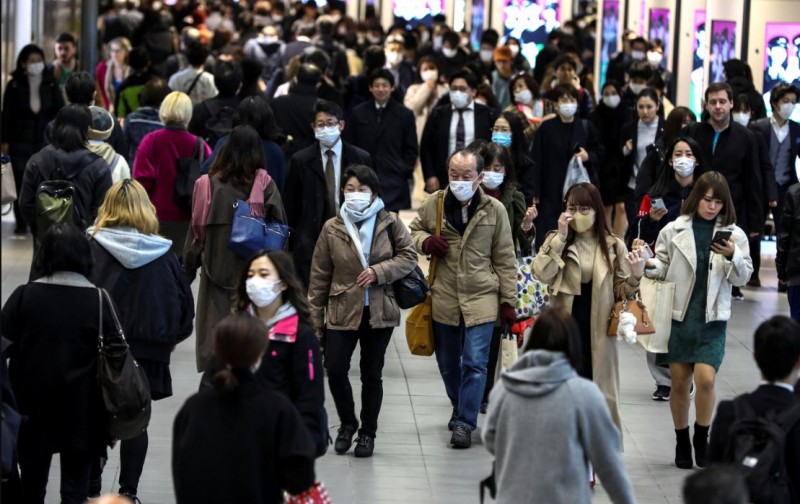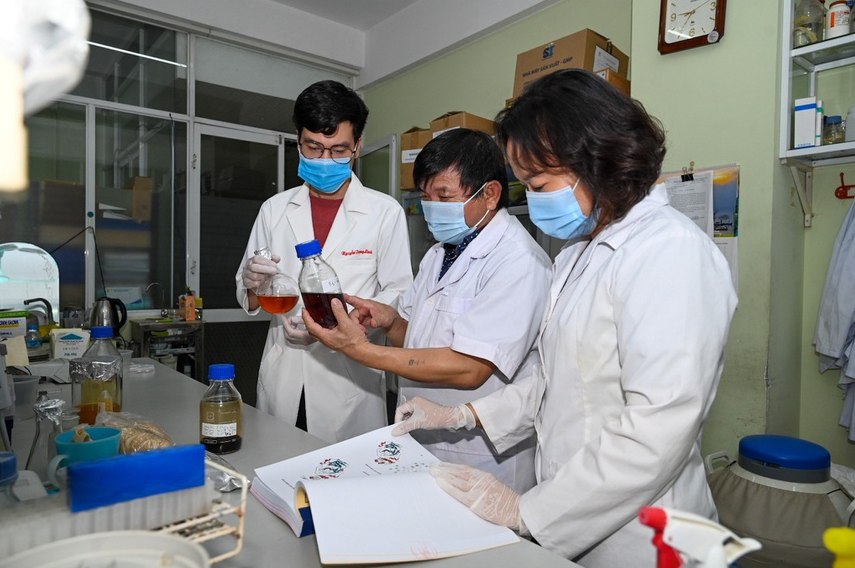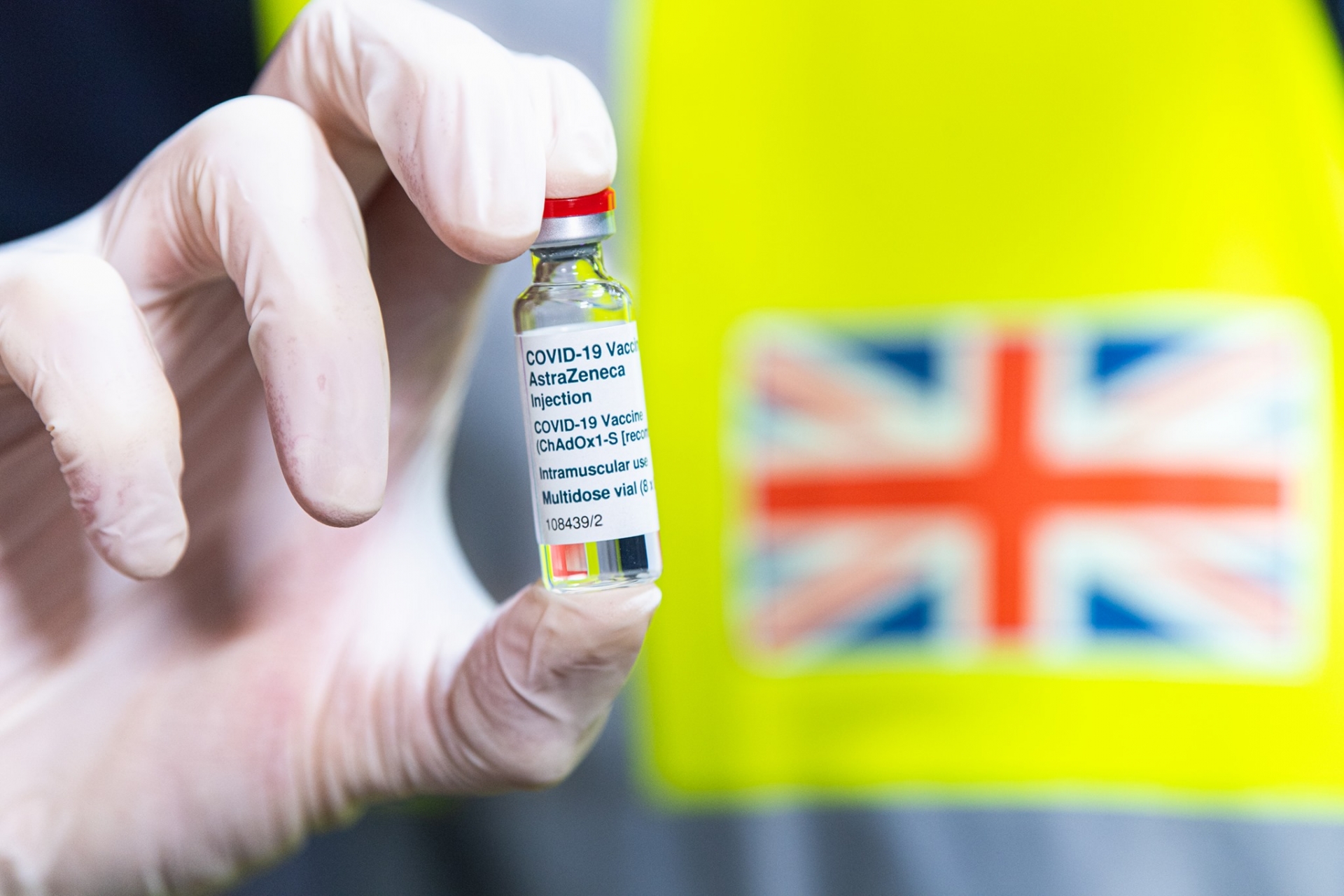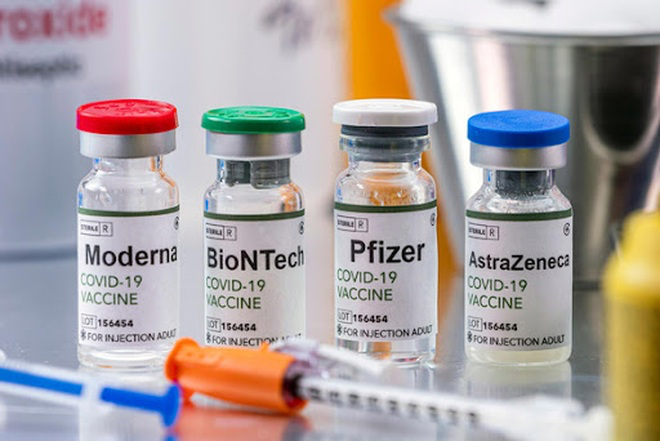Coronavirus latest: What else we still don’t know about?
| Novel coronavirus: what do we know so far? | |
| A visual insight into world pandemics' history | |
| WHO warns of global shortage of medical equipment to fight coronavirus |
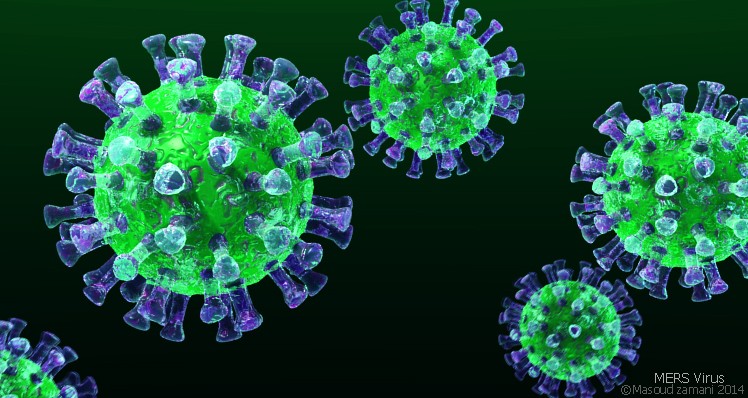 |
| There's still much in the dark now about the novel coronavirus (Photo: Tia sang) |
How contagious is the virus?
The virus spreads from person to person through small droplets from the nose or mouth via coughing or sneezing, according to the World Health Organization (WHO). It can persist on most surfaces up to several days, so in addition to directly inhaling the virus, you can become infected by touching something that has been contaminated and then touching your own nose, mouth or eyes. There is some evidence that virus particles in the feces of an infected person can transmit the disease through contact, but that remains unconfirmed.
How many people are infected, and how many do not show any symptoms?
So far, more than 550,000 cases have been reported worldwide, of which more than 127,000 have recovered and more than 24,000 have died. Some researchers estimate that up to 80% of people who are infected show no or only mild symptoms and may not even know they are sick. That would put the number of people who might have been infected in the millions. But we need many more studies and much more testing to close in on a more accurate number.
How deadly it really is?
Until we know how many cases there have been, it is impossible to be certain of the death rate. At the moment the estimate is that around 1% of people infected with the virus die. But if there are large numbers of asymptomatic patients, the death rate could be lower.
Are younger people less likely to die from the virus?
Younger people, while less vulnerable, can still develop COVID-19 - the disease caused by the SARS-CoV-2 coronavirus - severe enough to require hospitalization. Just how much safer they are is still unanswered. The WHO says older people with pre-existing conditions - such as chronic obstructive pulmonary disease or asthma, high blood pressure, diabetes and heart disease - appear to develop serious illness more often than others, while a U.S. health official said the mortality rate in males appears to be twice that of women in every age group. Health officials have cautioned that anyone with those underlying conditions, as well as those with weakened immune systems, are at increased risk.
The role children play in spreading it
Children can definitely catch coronavirus. However, they mostly develop mild symptoms and there are relatively few deaths among children compared with other age groups.
Children are normally super-spreaders of disease, partly because they mix with lots of people (often in the playground), but with this virus, it is not clear to what extent they help spread it.
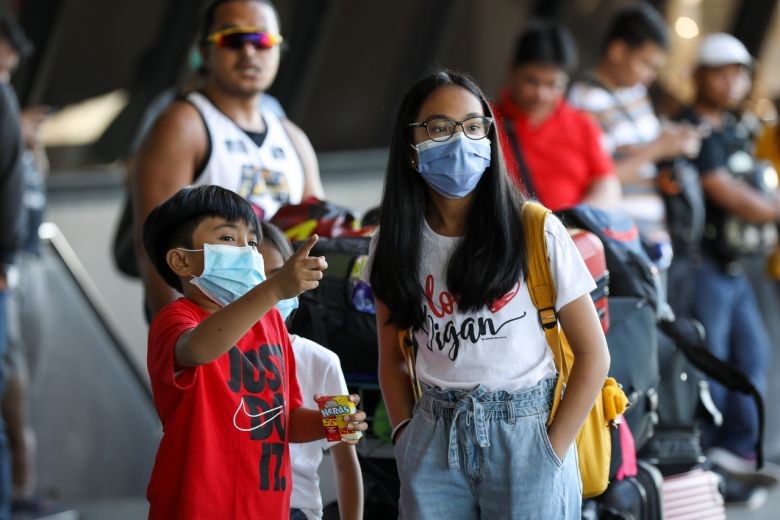 |
| Children are normally super-spreaders of disease (Photo: Strait Times) |
Can people be re-infected?
This is a key question – and we don’t yet know the answer. There are a handful of cases of possible “reinfection” in recovered patients. But most scientists believe those are more likely to have been relapses. A patient may feel better and test negative for the virus in their nose and throat, while the virus remains elsewhere in their body. Fully recovered patients have antibodies in their blood that should protect them from fresh infection, but we don’t know how long those antibodies will last. With some viruses, antibodies fade faster. Even if they do persist, SARS-CoV-2 might undergo small changes over time, as flu viruses do each year, rendering the antibodies ineffective.
Several academic laboratories and medical companies are looking to produce blood tests to figure out who has been exposed to the virus and whether some people have developed immunity. Serological testing will also give a better picture of the full extent of the pandemic.
Why some people get much more severe symptoms?
Covid-19 is a mild infection for most. However around 20% go on to develop more severe disease, but why?
The state of a person's immune system seems to be part of the issue, and there may be some genetic factor too. Understanding this could lead to ways of preventing people from needing intensive care.
Whether there will be fewer cases in summer?
Colds and flu are more common in the winter months than in the summer, but it is not yet known whether the warmer weather will alter the spread of the virus.
The UK government's scientific advisers have warned it is unclear whether there will be a seasonal effect. If there is one, they think it is likely to be smaller than that for colds and flu.
If there is a major dip in coronavirus over the summer, there is a danger that cases will spike in winter, when hospitals are also having to deal with an influx of patients with the usual winter bugs.
Does the virus spread more slowly in hot places?
Some experts had hoped that the onset of summer will naturally slow the virus. But the European Centre for Disease Control said on Wednesday that it is unlikely to diminish its spread. The WHO has also said that the virus can be transmitted in all areas, including hot and humid climates.
How long will the pandemic last?
We don’t know. It will depend on a range of factors, from how long people continue to isolate and avoid group gatherings to when effective drugs or a vaccine become available. President Donald Trump said this week that he hopes to “reopen” the U.S. economy by Easter Sunday on April 12. But he has faced criticism that such a timetable is too rushed and could lead to more people dying. In Hubei province, the epicenter of China’s coronavirus outbreak, life has started to return to normal after two months of lockdown. It remains to be seen whether such a return to normal spurs another outbreak.
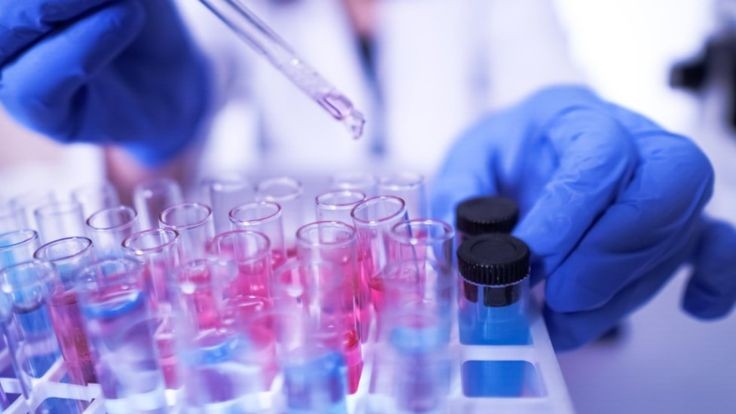 |
| It remains unanswered as to how long the COVID-19 pandemic lasts (Photo: Getty Images) |
Does the amount of exposure to the virus determine how sick someone gets?
Viruses enter the body and infect cells, using them as factories to make many millions of copies of themselves, so the number of virus particles that first enter the body has little effect on the eventual amount of virus in the system. At the same time, more frequent exposure does increase the chance that the virus will enter the body in the first place.
When will the economy return to normal?
The International Monetary Fund expects the pandemic will cause a global recession in 2020 that could be worse than the one triggered by the 2008 financial crisis. The depth of a recession, how long it will last and the nature of the recovery are a matter of debate. Economists say it will largely depend on how long the lockdowns last – around a quarter of all humanity is currently in lockdown – and how far government support goes in helping individuals, businesses and markets survive the crisis.
Are the trillions of dollars in emergency spending helping?
Central bank measures have sought to keep financial markets functioning, including areas that keep the real economy humming, such as the markets where companies go to raise short term cash to pay staff and where cities go to raise money for roads and schools. Steps taken by governments, such as the $2 trillion U.S. stimulus package, are expected to further help the economy by putting cash in the hands of individuals and providing additional funding to small businesses and companies. Such measures still need to work through the system, however, and it remains unclear whether they will be enough.
Is it a good time to invest?
Some investors and bank strategists are starting to look at whether people should buy back into the world’s stock markets, which have plunged some 25% from their highs in February. U.S. hedge fund manager Bill Ackman said this week he had turned increasingly positive on stocks and credit and was “redeploying our capital in companies we love at bargain prices that are built to withstand this crisis.” But with all the uncertainties, many more analysts and investors remain shy about calling the bottom of the market.
 | Helpful information regarding COVID-19 and contact lens To reduce the spread of the pandemic virus that causes COVID-19, eye doctors suggest people switch from contact lenses to glasses. |
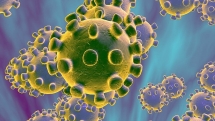 | How coronavirus damages the lungs? (Video) The Washington, D.C., hospital recently released a 3D showing extensive damage to the lungs of a generally healthy 59-year-old male with high blood pressure, who ... |
 | The Guardian warned readership not blind your mind with coronavirus 'quack cures' People urged to inform social media firms if they see false information about coronavirus disease shared online - the Guardian informed the UK government's request. |
In topics
Recommended
 World
World
Pakistan NCRC report explores emerging child rights issues
 World
World
"India has right to defend herself against terror," says German Foreign Minister, endorses Op Sindoor
 World
World
‘We stand with India’: Japan, UAE back New Delhi over its global outreach against terror
 World
World
'Action Was Entirely Justifiable': Former US NSA John Bolton Backs India's Right After Pahalgam Attack
Popular article
 World
World
US, China Conclude Trade Talks with Positive Outcome
 World
World
Nifty, Sensex jumped more than 2% in opening as India-Pakistan tensions ease
 World
World
Easing of US-China Tariffs: Markets React Positively, Experts Remain Cautious
 World
World


